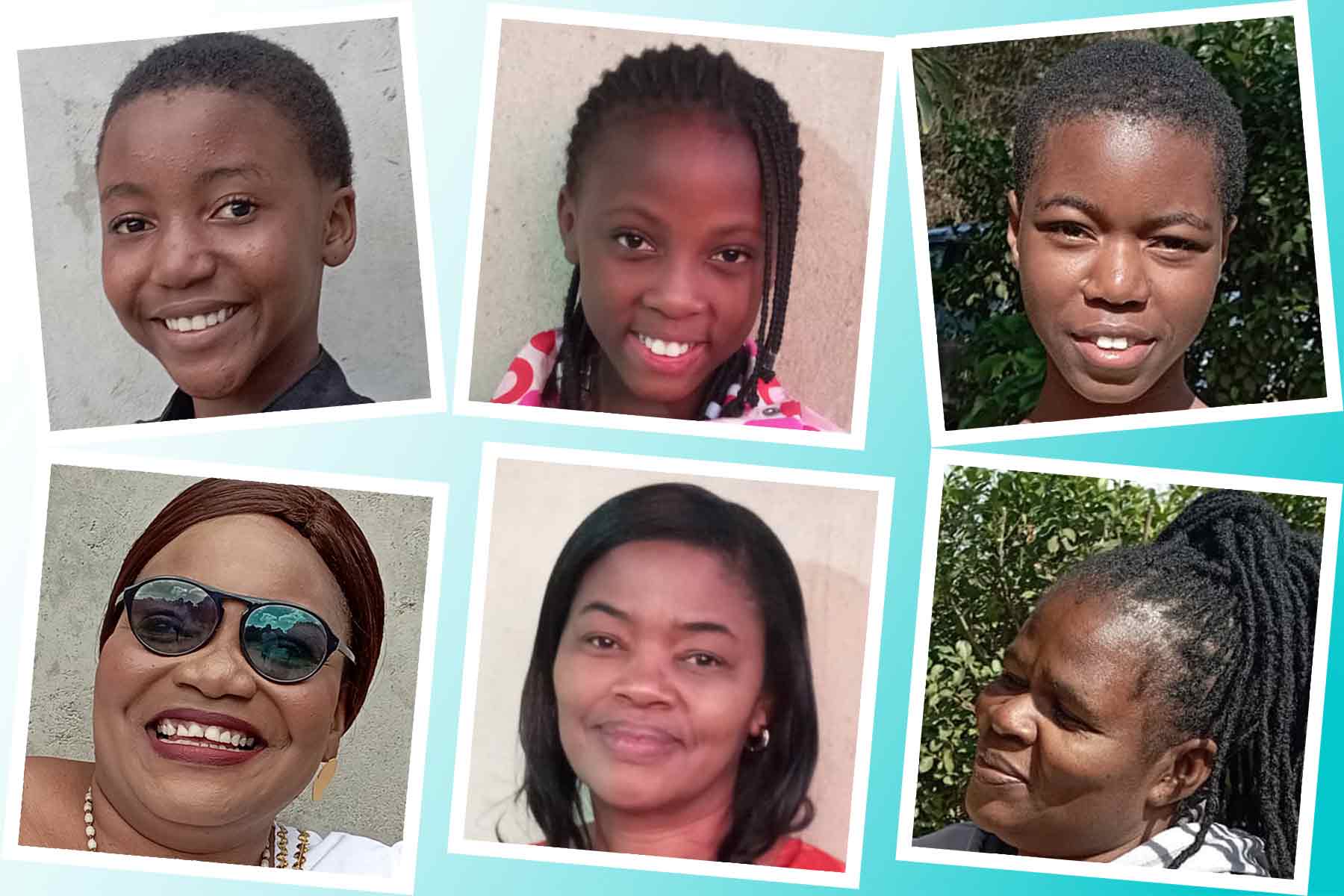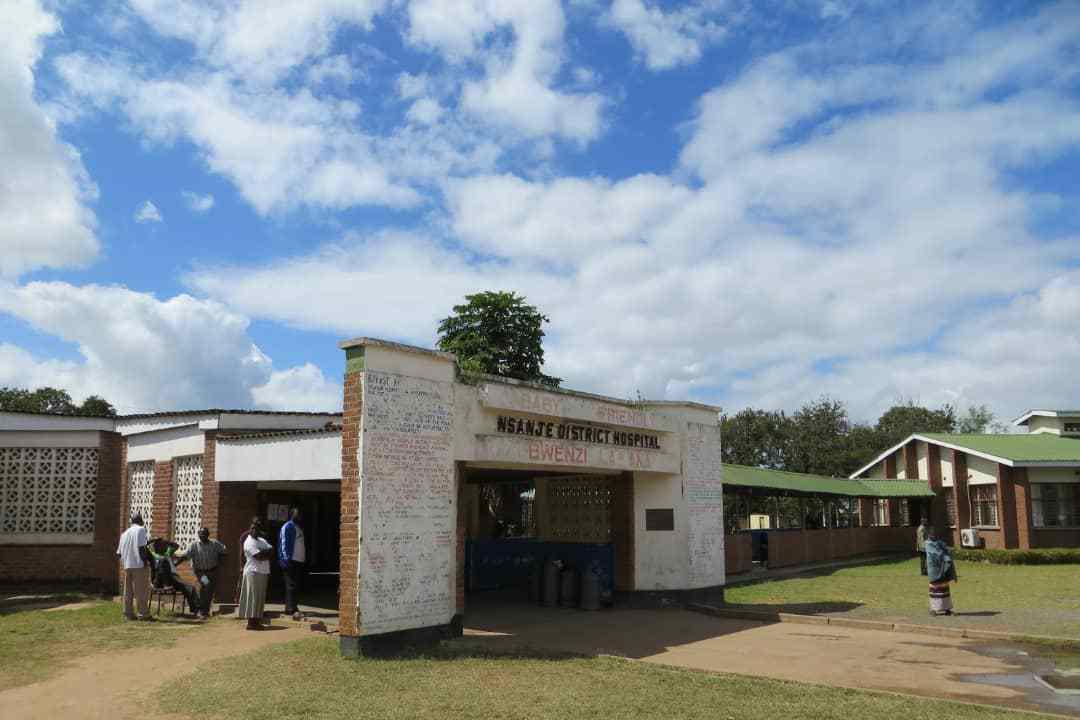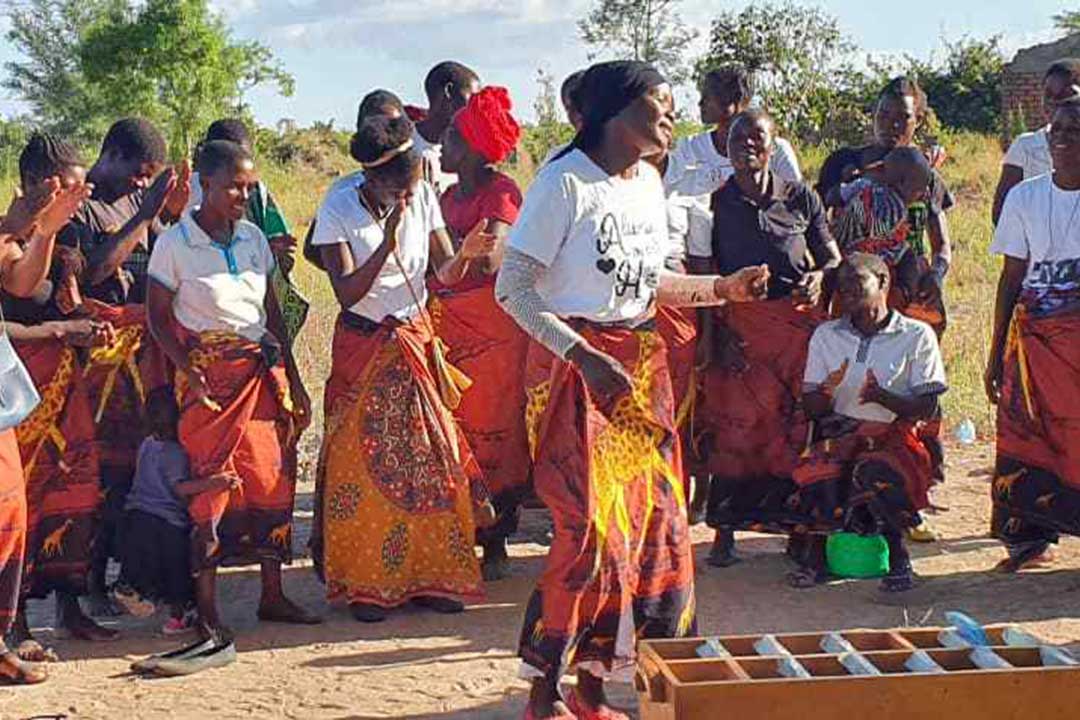Excitement builds in Malawi for malaria vaccine launch
Malaria kills three people in Malawi every day and accounts for 15% of all hospital admissions. The upcoming inclusion of the malaria vaccine in the country’s routine immunisation programme offers hope.
- 19 December 2022
- 5 min read
- by Josephine Chinele

Faith Mwafulirwa's child is among the first in the world to receive the RTS,S malaria vaccine. "The [number of malaria] deaths are scary hence my interest. When I heard about the vaccine pilot programme in Lilongwe, I took a personal initiative to inquire about it at the under-five clinic. It feels good to have my child vaccinated," she says.
She says that her 18-month-old child has not been hospitalised for high fever, suspected malaria or anything similar. "I'm not so sure if this is because of the vaccine already, but I am differentiating this baby and his two siblings at the same age. I used to frequent the hospital and had several admissions. With this child, it's only been mild home treatable flu and cough. He has one more vaccine to complete the course."
"We welcome the malaria vaccine to reduce disease morbidity levels. Of course, our ultimate goal is to end malaria altogether in Malawi.”
Mwafulirwa's child is one of the million children vaccinated in the world's first ever malaria vaccine programme, piloted in Malawi, Kenya and Ghana since 2019.
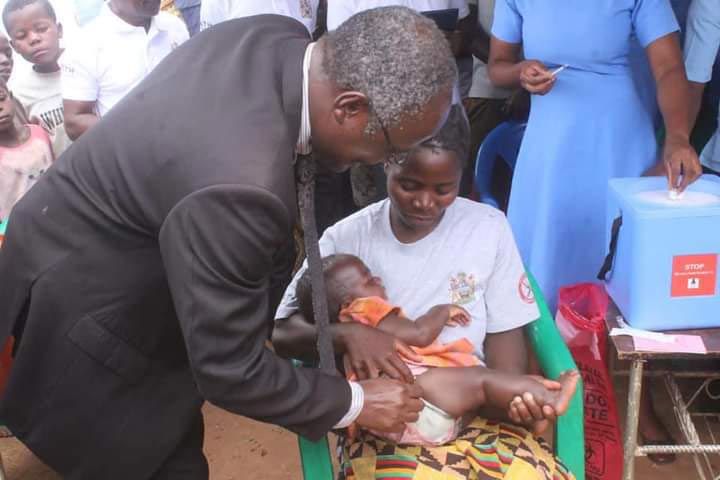
Credit: MoH
On 29 November 2022, Malawi expanded the malaria vaccine pilot to reach many more children in advance of its incorporation into its routine immunisation programme.
Malaria burden
Malawi Ministry of Health (MoH) says that malaria remains the leading cause of death in Malawi, claiming around three lives every day. In 2022, as of end of November, there were three million cases.
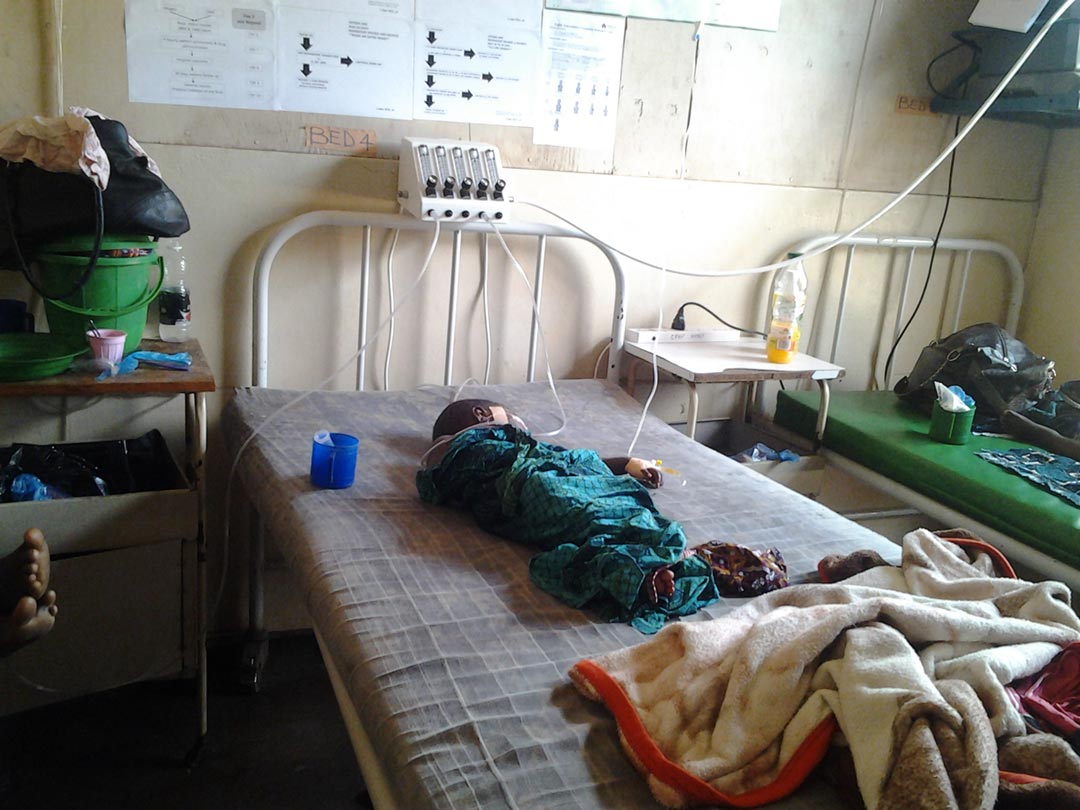
Credit: Josephine Chinele
"Fifteen percent of all admissions in our hospitals are malaria cases. This has been reduced, but we are still working towards having even fewer cases. We have managed to have improvements due to other interventions such as mass mosquito net distribution and case management. We are hoping to have great impact with the malaria vaccine," says Program Manager for Malawi's National Malaria Control Programme, Dr Michael Kayange.
Vaccine pilot programme
Lilongwe District Health Office (DHO) spokesperson Richard Mvula says that the pilot programme was implemented at 21 out of the 61 health facilities under the DHO's jurisdiction. It began with community sensitisation through traditional and religious leaders.
"The main challenge experienced during the pilot includes the reality that many peer educators left this programme for greener pastures along the way, affecting the sensitisation campaign. But we managed to register successes through traditional and religious leaders' engagements," he says.
Mvula further reveals that, while people had initial reservations about the vaccine because it was only administered at selected facilities, they were convinced to accept it through the sensitisation engagements.
Have you read?
"The national rollout is a good milestone considering the burden of the disease in Lilongwe district and Malawi as a whole. We welcome the malaria vaccine to reduce disease morbidity levels. Of course, our ultimate goal is to end malaria altogether in Malawi," Mvula says.
Adrian Chikumbe, Ministry of Health spokesperson, says that, unlike other vaccines, the malaria vaccine does not have public misconceptions, and has been subject to high demand. However there have been issues in ensuring children get the third and fourth doses.
"The one concern we have noted in the pilot programme is that caregivers or mothers relax after taking their child for the initial two doses. Low figures have been registered for the third and fourth doses. Perhaps because it's outside routine immunisation," he says.
"In most cases, by age one, a child is usually done with routine vaccines, so it's been hard for mothers to comply. Health workers are supposed to take stock in catchment areas, followed up by Health Surveillance Assistants. Each one is supposed to know the number of pregnant women, vaccinated and unvaccinated children," Chikumbe adds.
Vaccine research
A year ago, the World Health Organization (WHO) recommended the RTS,S (Malaria) vaccine after the pilots in Malawi, Kenya and Ghana. The vaccine is produced by GlaxoSmithKline (GSK), a British multinational pharmaceutical and biotechnology company.
"People should not relax. They should continue to sleep under a mosquito net and take anti-malarial drugs, among other measures. Malaria, like HIV, is one of the common diseases in sub-Saharan Africa, which requires a pool of preventive interventions.”
The RTS,S malaria vaccine is the result of 30 years of research and development by GSK through a partnership with PATH, with support from a network of African research centres. Gavi will support its rollout on the continent.
Malawi Ministry of Health Community Health Ambassador Maziko Matemba says that he is excited that the country finally has a malaria vaccine. "We are, however, aware that the efficacy is a bit lower, but what's important is to add this vaccine as a preventive measure. People should not relax. They should continue to sleep under a mosquito net and take anti-malarial drugs, among other measures. Malaria, like HIV, is one of the common diseases in sub-Saharan Africa, which requires a pool of preventive interventions," he observes.
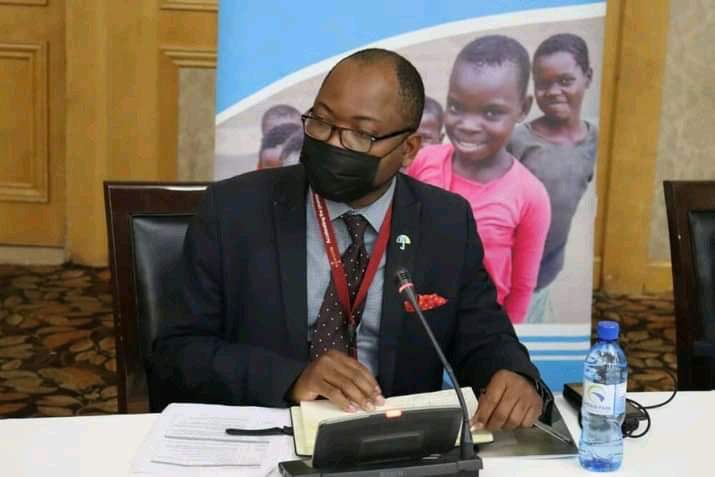
Credit: Matemba
Matemba asks that researchers continue to work on the vaccine in order to increase its efficacy levels, because countries need to have long-standing innovations in malaria prevention.
Towards a malaria-free Africa
In 2021, Malawi president Lazarus Chakwera launched the Zero Malaria Starts with Me campaign, joining the pan-African movement to strengthen local, national, and regional efforts towards a malaria-free Africa.
In July 2018, African Union heads of states and governments endorsed the campaign in support of the African Union goal to end malaria by 2030, expanding it from a national campaign to a pan-African movement. The campaign is based on three pillars: political engagement, private sector engagement and community engagement.
